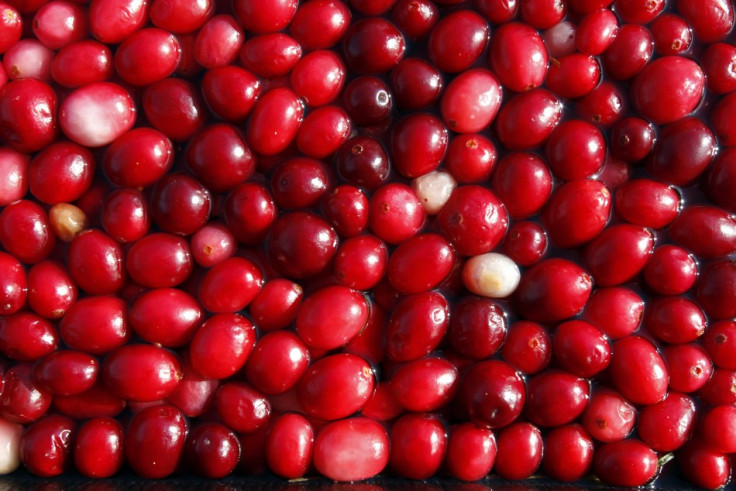Forget cranberries - copper could help treat painful cystitis after sex
UTI bacteria hijacks copper in the body allowing the infection to spread.

Bacteria that causes hard-to-treat urinary tract infections (UTIs), including cystitis, use copper present in the body to grow. By blocking the bacteria's ability to use copper, scientists think they might be able to provide a new treatment against these painful infections - one that does not rely on antibiotics.
Copper is an essential mineral for the body. It has long been known for its ability to kill pathogens in high concentrations.
However, scientists did not know much about the interactions between copper and E. coli - the aggressive bacteria at the root of the most aggressive urinary tract infections. Whether copper could kill E. coli in people's urine was unclear.
In a study now published in the journal Nature Chemical Biology, researchers have shown that E. coli secretes a specific molecule which imports copper from the body into the bacteria's cell, allowing it to grow and reproduce. By importing the mineral, it also prevents it from accumulating to antibacterial levels in people's urine and to fight off the infection.
This molecule secreted by the bacteria is known as yersiniabactin.
"Yersiniabactin is more common in invasive bacteria, including E. coli, that cause the more problematic recurring and antibiotic-resistant urinary tract infections," said senior author Jeffrey P. Henderson, from Washington University School of Medicine.
"One of the reasons we treat UTIs is out of concern that the bacteria will invade other areas and go from being a nuisance to a much more serious infection. Because yersiniabactin seems to be associated with more virulent bacteria, we wanted to understand what it's doing and why it's there".

The scientists used a method known as mass spectrometric quantification, which involves determining the amount of specific molecules in a given sample - here the amount of yersiniabactin and copper in patients' urine.
They showed that yersiniabactin imports copper ions into the cell of E. coli, where these charged particles help trigger biochemical reactions that the bacteria needs in order to grow and reproduce. Once yersiniabactin has brought copper into the cell, it goes out to obtain more copper.
The scientists also observed that strains of E. coli without the ability to bring yersiniabactin into the cell were less aggressive than strains that could import copper via this pathway.
These findings suggest new ways to treat aggressive UTIs. Future research could indeed focus on developing new antibacterial drugs that could block yersiniabactin, essentially starving the bacteria of essential nutrients.
By preventing copper from being hijacked by the bacteria, such a treatment will also help the mineral to accumulate at high levels in urine to fight off infection.
At the moment, UTIs can be treated with antibiotics, but antibiotic resistance is becoming a problem in some cases, so looking for new therapeutic options like the one presented in this research is a priority.
© Copyright IBTimes 2025. All rights reserved.





















